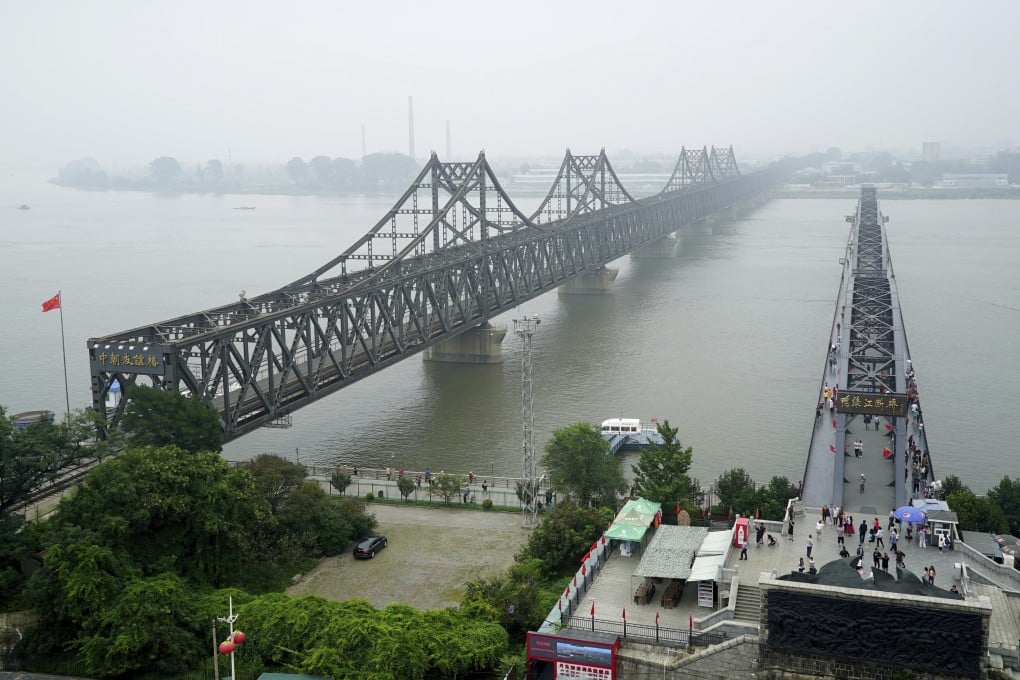Advertisement
Coronavirus fears in North Korea as closed China border deals blow to economy
- Poor health systems and the shutting of transport links with China, whom the North relies on for trade, is leaving the nation vulnerable, observers say
- Meanwhile, there are doubts over the true tally of confirmed infections in North Korea, which has yet to report a single case
Reading Time:5 minutes
Why you can trust SCMP

North Korea’s dated health care system renders it totally ill-equipped to deal with the new coronavirus, aid workers say, as unconfirmed reports of infections within its borders cast doubt on the country’s official tally.
The North, which shares a 1,500km land border with China, is yet to report any cases of the virus – which causes the diseases officially named Covid-19 – that has spread to at least 26 countries and territories since first emerging in the Chinese city of Wuhan late last year.

Kee Park, a lecturer at Harvard Medical School who has made more than a dozen humanitarian trips to North Korea, said the impoverished country would struggle to manage an outbreak due to an antiquated health care system whose limitations have been exacerbated by international sanctions targeting its nuclear weapons programmes.
Advertisement
“Perhaps they can manage to detect and treat small numbers, but an outbreak could likely easily overload the health system,” Park said. “Critical medical supplies are hard to import and vital equipment is unable to be repaired due to the difficulty in procuring parts.”
Nagi Shafik, the former project manager for the World Health Organisation (WHO) office in Pyongyang, said North Korean authorities were poorly equipped and would need supplies such as masks, antivirals and antibiotics.
Advertisement
“I presume there are more items needed, especially when it comes to cleaning and sterilisation,” said Shafik. “May I remind as well that many women and children suffer from malnutrition; these are factors that affect the immunity system and render humans more susceptible to infection.”
Advertisement
Select Voice
Select Speed
1.00x